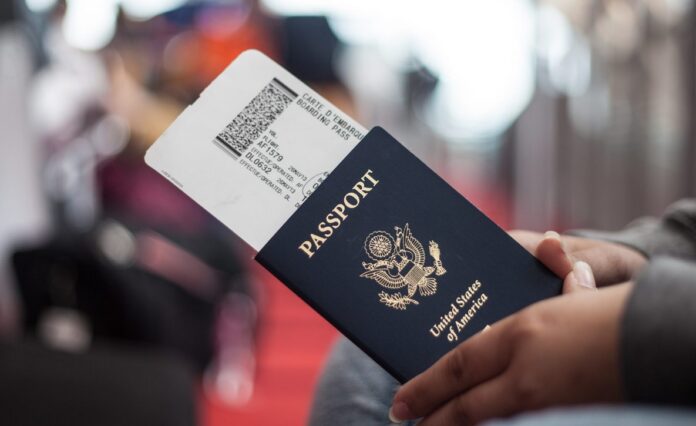
A lot of ways to obtain an employment-based Visa are available for foreign nationals who hope to work and live in the United States. To get a visa, there are many things you have to consider. You have to find the time and money you have to spend, but if you know what to expect during the process, it will make the whole procedure more comfortable.
We advise you to do your research before applying. Many sites are designed to help foreign nationals obtain their U.S. visa. Read more here if you are planning to work and enter the U.S. with an employment-based visa.
1. EB1 Visa
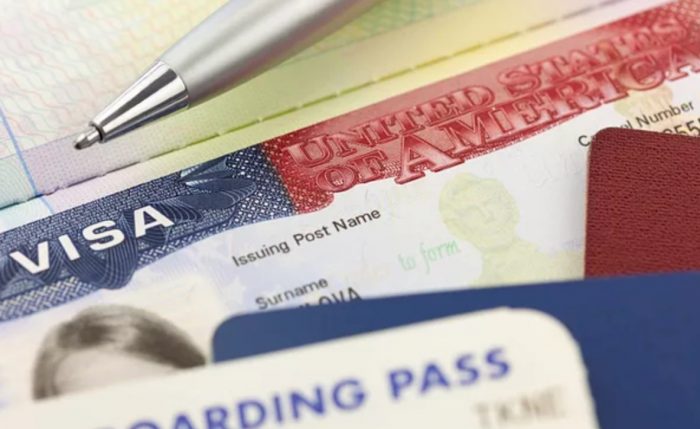
Entering the United States as a priority worker is possible with the EB1. This is also known as the First Preference visa. EB1 is classified into different subcategories. EB1A, EB1B, and EB1C.
2. EB1A Visa
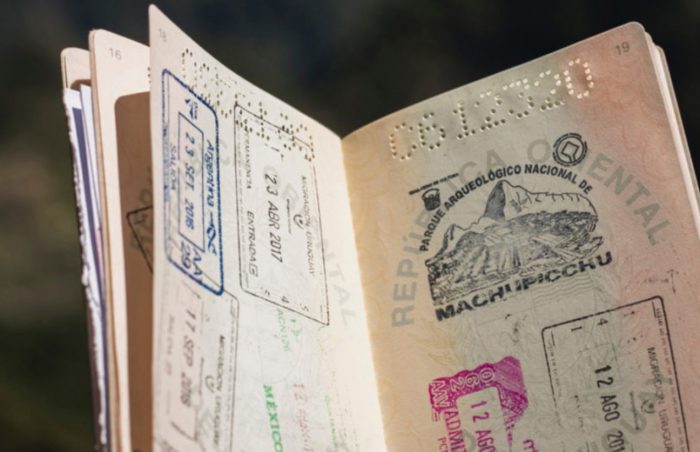
If you are a person equipped with abilities that are considered extraordinary in separate areas such as arts, education, and many more, this type of visa is reserved. Apply for the EB1A if you belong in this category.
There are many documents that you have to provide to qualify for the visa. Evidence that shows that you are excelling in your respective area is needed. Certifications and medals are valid documents that you can use; your paycheck can also prove that you belong to the top of your field of expertise.
If you get this visa there are benefits that come along with it. Unlike most employment-based visas, this doesn’t require a job offer from a U.S. employer, you can petition for yourself. Note that this is an immigrant visa, it means you are certified to have a green card.
3. EB1B Visa

The second subcategory is the EB1B. If you are a professor with outstanding abilities or are an internationally known researcher, then the EB1B is perfect. In order to qualify for the visa, applicants must present documents that provide evidence that their academic work is outstanding. Professors and researchers should be recognized internationally, and they should also be recipients of significant awards in the educational scene. Three years of working experience is also a must.
Unfortunately, you can’t self-petition if you are trying to obtain this type of visa. You are required to have a job offer that is tenured by your U.S. employer. If you are a researcher, only accomplished private companies that specialize in research are qualified to file a petition for you.
4. EB1C Visa

If you have been working for a U.S. citizen-owned company in your home country then the EB1C is perfect for you. Working for a parent, branch, or affiliate company has this perk.
Keep in mind that only those who have been working for an executive or managerial position are only qualified and given a chance to have the EB1C. The job offered to you in the United States should also be in the executive or managerial position.
If you are going to compare EB1C with other employment-based visas, different types require you to have a Labor Certification, but this type does not. Your employer can waive this step and directly hire you.
5. EB2 Visa
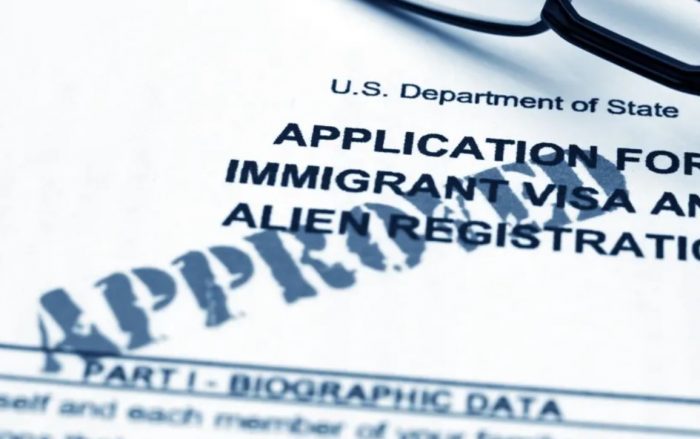
If you are not qualified for an EB1, do not be discouraged. There are still other types of visas you can apply to like the EB2. If you are a holder of an advanced degree, or you are equipped with abilities that are exceptional, or you are entering and living in the U.S. is a national interest, then you are qualified for this one.
You have to provide pieces of evidence that are going to be examined to determine if you are qualified. If you are a holder of an advanced degree or with abilities that are exceptional, your U.S. employer should file a petition for you. If you are considered a national interest, you can petition yourself, but if you want to overlook this step, you can request the National Interest Waiver.
6. EB3 Visa
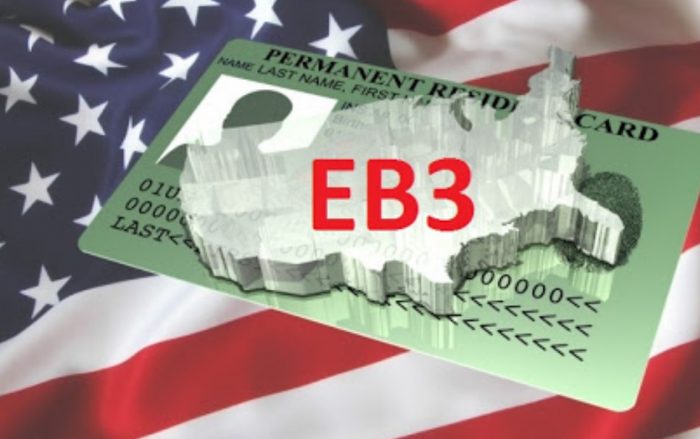
If you fall under the professional, skilled, unskilled/other worker categories, then EB3 is the perfect visa for you. Assess your situation to know whether you are fit for this one. A four-year college or university degree is needed for professionals. Other documents, such as Labor Certification and a job offer, are required. Your employer will help you in obtaining the visa by filing a petition for you.
To qualify as a skilled worker, you should have two years of training in your field of expertise. Other workers, also known as unskilled workers, are qualified if they have the ability to perform unskilled work permanently. For each subcategory of this visa, the employer is the one who has the capacity to file a petition.
7. EB4 Visa
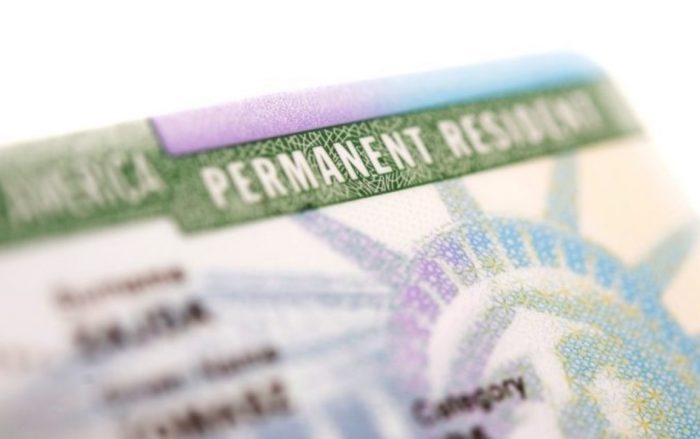
If you are a religious worker then you are considered as a special immigrant. Religious workers are the most commonly known special immigrant but broadcasters, armed forces members, etc are considered special too. Most of the time your employer is the one who is going to petition for you. In some special situations, you can do that for yourself.
8. EB5 Visa
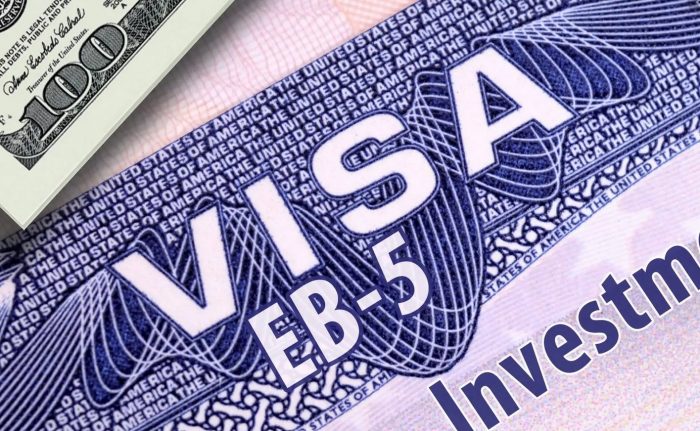
If you are a foreign investor hoping to invest in the U.S., the EB5 will work perfectly for you. It is outlined for investors. Petitioners are needed to invest $1,800,000 or at least $900,000 to any certified commercial enterprise. The amounts are equivalent to ten full-time jobs. The applicant must file form I-526 that is approved by the USCIS. Investors do not need to get a Labor Certification.
Now that you are aware of the different types of visas that catered for employment-based entry in the U.S., you should assess which type fits your situation best. Doing your research is as essential as preparing for your needed documents, you gain knowledge and save time, money, and effort. The process may seem complicated but if you are equipped with the right information everything will be much more comfortable for you.
















